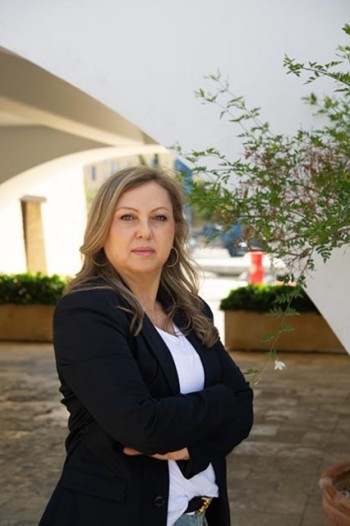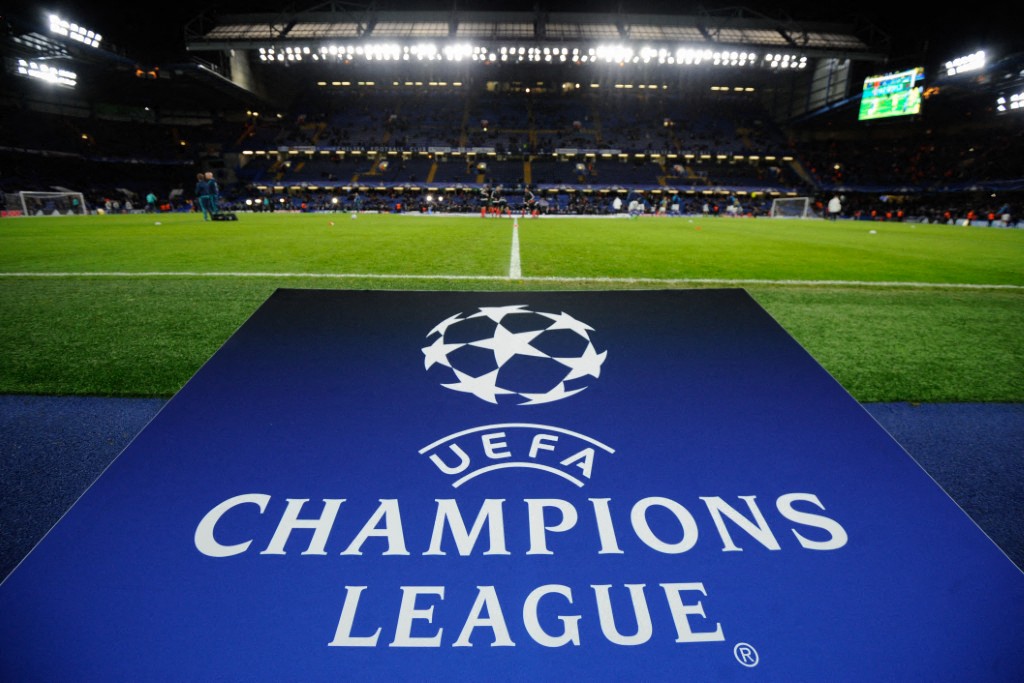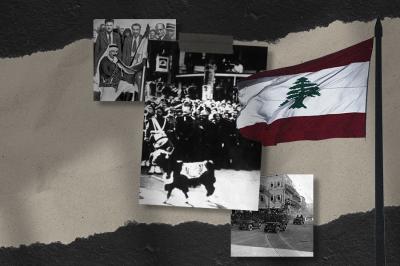"We must never forget the beauty of football—how it moves us, keeps hundreds of millions on edge, and defines our identity. European football is a unique success story. It’s a microcosm of our society." With these words, UEFA President Aleksander Čeferin captures the spirit of the continent’s premier club competition, which this season concluded with Paris Saint-Germain crushing Inter Milan to claim their first-ever Champions League title. A key element of this identity is, of course, the UEFA Champions League anthem.
More than just a piece of music, the anthem—played before every match—is a powerful emotional trigger. It mirrors UEFA’s values: equality, unity, respect, and excellence. Drawing from a royal classical tradition, it sets the stage for drama, celebration, and the clash of Europe’s finest clubs. In a harmony of majesty and momentum, it bonds players, fans, and entire stadiums under its soaring melody and evocative lyrics.
Sung in UEFA’s three official languages—English, French, and German—the anthem hails:
“Die Meister, die Besten, les grandes équipes, the champions!”
—“The masters, the best, the great teams, the champions!”
But how did this now-iconic anthem come to be? And why has it become such a cherished and instantly recognizable part of the global football experience?
It all started in 1992, when UEFA commissioned British composer Tony Britten, a graduate of the Royal College of Music, to create an anthem that would reflect the multicultural essence of European football and transcend national borders. His task was to accompany a newly restructured tournament with a soundtrack worthy of its ambition. The competition itself, launched in 1954 by FIFA in Basel, was part of a broader European integration project.
In a video published by UEFA, Britten recalls how the brief called for a piece that communicated the grandeur and appeal of the competition. The anthem was inspired by "Zadok the Priest," a coronation anthem composed by German-British composer George Frideric Handel for the crowning of King George II in 1727. That very piece has been played at every British coronation since—a symbol of authority, triumph, and tradition.
Britten explains: "The Champions League is about the beautiful game, and the music had to reflect that." What he composed became not only a ceremonial cue, but a brand in itself—one of the most recognized musical pieces in modern sport. Its performance, whether by renowned opera singers like Andrea Bocelli or orchestras in sold-out stadiums, is a signal to fans worldwide: this match is different. It matters.
As Britten puts it: "Every Champions League match is a major event. At the same moment across Europe, players line up with one mission—to deliver their best."
For the players, the anthem is more than a ceremony—it’s motivation. "When you hear the anthem on the pitch, you realize you’re in a special match," says Argentine superstar Lionel Messi. "Even from the stands or on TV, it gives you goosebumps," adds Uruguayan striker Luis Suárez. French legend Zinedine Zidane calls it "pure magic—a moment that captivates and draws you into the unfolding story."
Nobody could have predicted the anthem’s cultural impact. In just under three minutes, it builds suspense and grandeur, fusing classical music with the adrenaline of elite sports. A full orchestra and choir deliver a slow-building crescendo that evokes both reverence and excitement—royalty meeting rivalry.
In an interview with UK-based sports and entertainment platform JOE, Britten explains how UEFA wanted a piece that elevated each match to the "best of the best." It was also meant to restore the beauty of the game after a decade marked by stadium violence. So he wrote the now-famous lines: “The best teams, the greatest event, the champions.” He admits he never imagined the anthem would achieve such reach and emotional resonance: "There’s a sense that it goes beyond Europe—that’s meaningful both culturally and politically."
Even minor tweaks to the anthem spark controversy. Just last year, UEFA introduced subtle changes to the musical arrangement—enough to prompt backlash from fans fiercely attached to the original. The outcry was a reminder: the anthem isn’t just music—it’s memory, prestige, and emotion. It’s the soundtrack of moments that shaped football history, scored by legends like Ronaldo and Messi.
It’s more than a tune. It’s a symbol. A tradition. A call to greatness.
Please post your comments on:
[email protected]
 Politics
Politics








